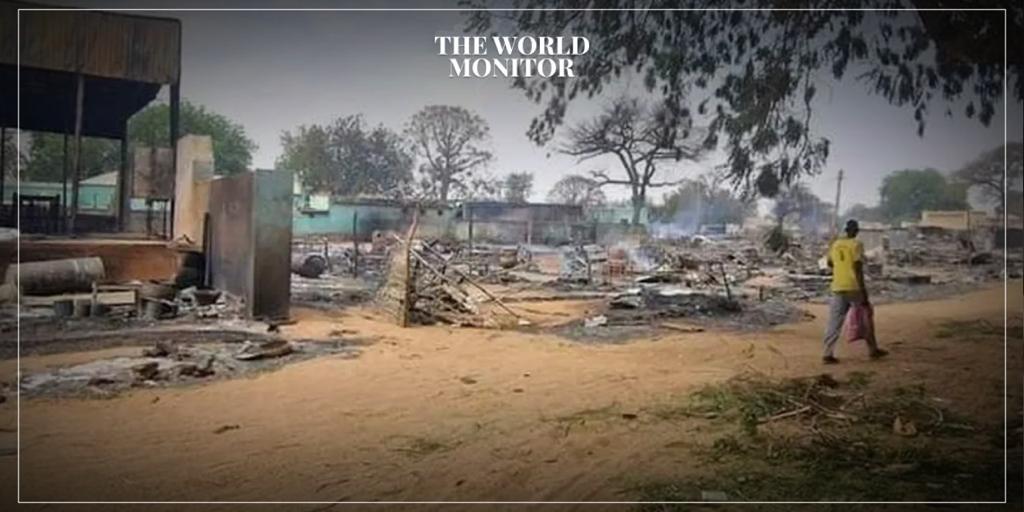Sudan’s Ministry of Health has reported a staggering 13,000 cases of malaria in Al-Fasher city, North Darfur. This alarming figure emerges as the disease rapidly spreads across the state, compounded by a significant shortfall in essential medications.
Ahmed Al-Douma, the Deputy Director-General of the Ministry of Health in North Darfur, emphasized the dramatic increase in malaria cases in Al-Fasher, as echoed by various local media outlets. Al-Douma highlighted the detrimental impacts of the vast deficit in malaria drugs, the limited support from organizations to counter epidemics, and prolonged unpaid wages for health workers, all exacerbating the state’s health predicament.
Furthermore, Al-Douma pointed out that the cessation of banking operations hinders organizations from fulfilling their financial obligations towards bolstering the health sector.
In an endeavor to combat this health emergency, the French humanitarian-aid NGO, Médecins Sans Frontières (Doctors Without Borders), plans to establish four treatment centers in Al-Fasher to address the surge in malaria cases.
It’s noteworthy that the World Health Organization (WHO) had previously warned about the potential outbreak of diseases like malaria, dengue fever, and measles in Sudan. The organization had underscored that millions of children and pregnant women in the region are grappling with severe malnutrition.
Malaria, a life-threatening disease caused by parasites transmitted to humans through the bites of infected female Anopheles mosquitoes, remains a significant health concern in many parts of Africa. Factors such as conflict, displacement, and inadequate healthcare infrastructure can contribute to its spread. In contexts like Darfur, where political and social unrest have long persisted, the challenges of combating diseases like malaria are heightened, emphasizing the importance of international collaboration and assistance.






